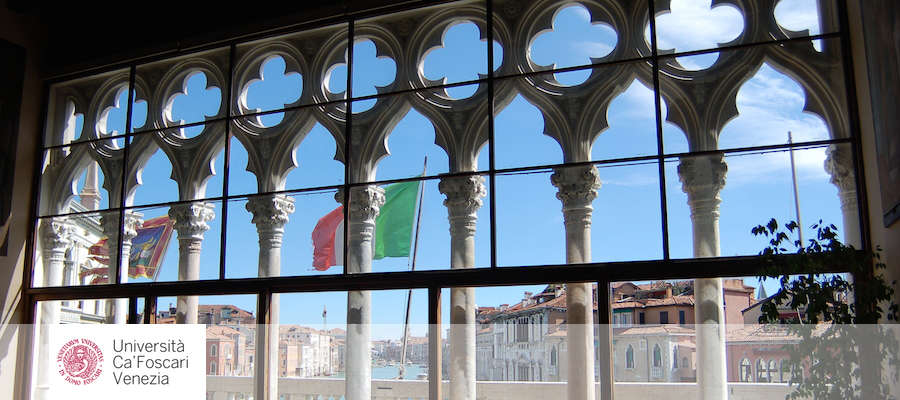The Department of Humanities at Ca’ Foscari University (Venice, Italy) invites applications for an 18-months research fellowship in Classical Philology on the topic “Greek epigrams from antiquity to the present”, starting in October 2017.
The project will be centered on the genre of Greek epigram in its various typologies and functions, with a specific focus on its transformations in the Hellenistic, late antique, medieval and modern age. The research will concentrate above all on the ecdotic and textual study of the epigrams, with a specific focus on the paths of their tradition in manuscripts and printed editions. An essential part of the research will be devoted to the Nachleben of Greek epigrams in the Byzantine age, as well as in European Humanism and in the Renaissance, to the contexts of the transmission of ancient Greek poetry in a broader sense, and to the developments of Greek versification from early modern Europe to the present, also in the frame of an international research group working at a new Anthology of "modern" poetry in ancient Greek.
The research may be carried out in English. The fellowship is intended to provide the successful candidate with the opportunity to pursue his/her own research while benefiting from the range of expertise at Ca’ Foscari University of Venice.
Who can apply
- Prospective candidates are expected to hold a doctoral’s degree and appropriate scientific-professional curriculum for the research.
- Ca' Foscari encourages applications from researchers with positive evaluation in all the criteria in individual proposals such as Marie Skłodowska Curie/ERC Starting Grants/FIRB/SIR or similar.
- Researchers having successfully completed Marie Skłodowska Curie/ERC Starting Grants/FIRB/SIR or similar funded projects are warmly encouraged to apply.
For any further inquiry on the scientific aspects of the fellowship please write to Filippomaria Pontani.
